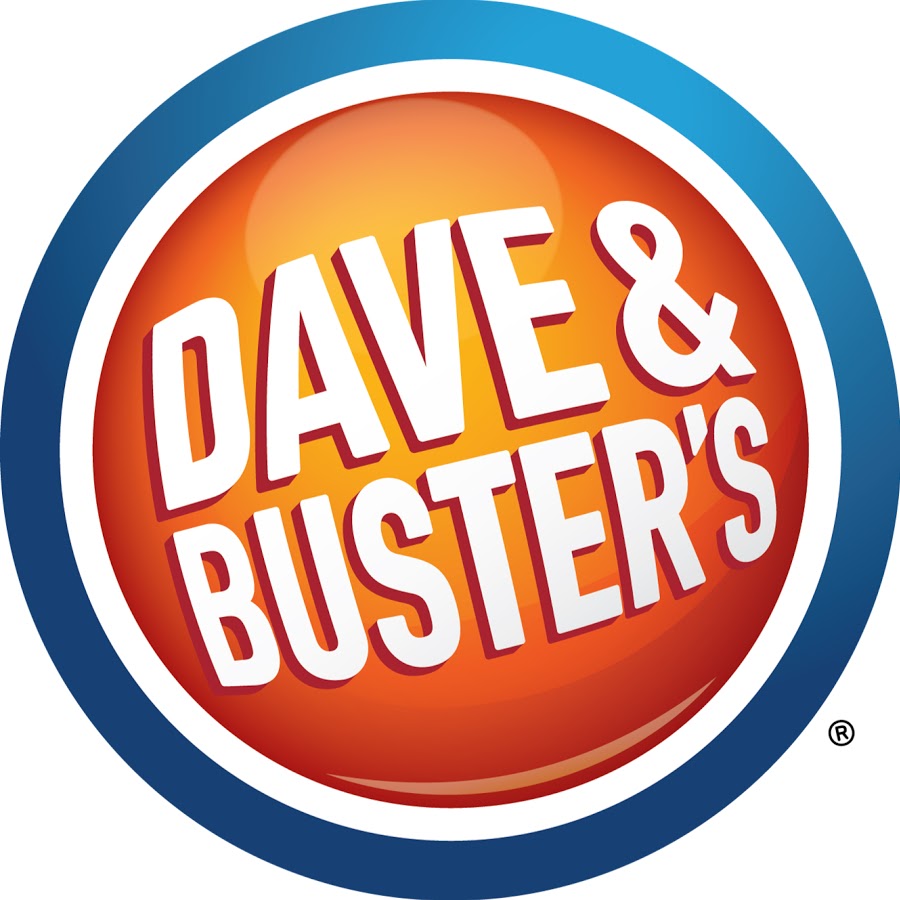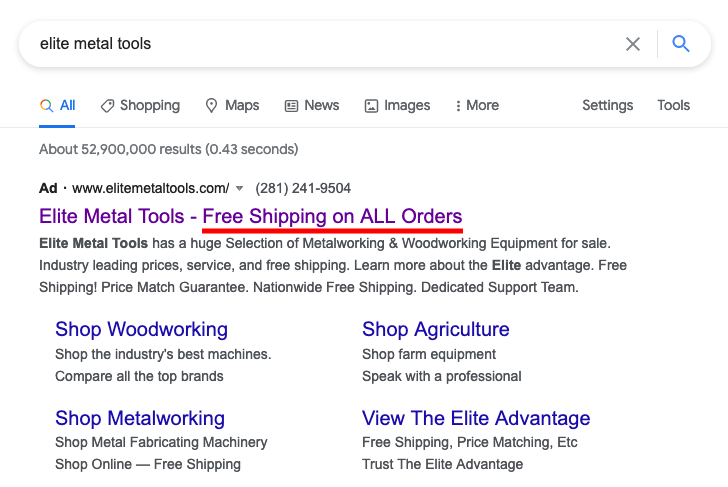
Best Reader Tips of 2021
This year reader tips led to dozens of ad alerts, as well as a complaint to regulators.
The Dave & Buster’s TV ad that aired over the summer at least started out promising, with the words “Free Video Game Play” in big, bold letters splashed across the screen. But it was all downhill from there.
Soon came a second statement, in smaller font, “Weekdays this summer.” Meanwhile, a voiceover dispensed with yet more conditions tied to the “free” games offer. Turned out, if you wanted to play for free, you’d have to pay $50 first (weird, right?). The voiceover said:
Dave & Buster’s has free video game play weekdays this summer. You can buy a power card for $50 and play video games for free all summer.
If that weren’t enough to dismay consumers, Sometimes termed “mouse print” or, more benignly, “disclosure language”, and presented in miniscule font. It is there to take back every enticing offer made in the ad. on the screen disclosed that “[o]nly video games and simulation games where tickets are not won apply. Offer excludes Rock’em Sock’em Robot and Dance Dance Revolution.”
No DDR!? That’s thoroughly disappointing.
Because it aired during children’s programming, the TV ad caught the attention of the Children’s Advertising Review Unit (CARU), a division of the ad industry’s system of self-regulation. CARU said in a release:
CARU was concerned that play was advertised as free when the purchase of a $50 power card was required and the fact that some games were not included in the “free play” offer was not adequately disclosed to the child audience.
But when CARU approached Dave & Buster’s with questions related to the TV ad, the group was met with radio silence. At which point CARU referred the matter to the FTC.
Marketers are nothing if not persistent in their push to advertise “free” products and services that actually cost money. It would be laudable if it weren’t so misleading. Find more of our coverage on what it really means to be “free” here.
Our Ad Alerts are not just about false and deceptive marketing issues, but may also be about ads that, although not necessarily deceptive, should be viewed with caution. Ad Alerts can also be about single issues and may not include a comprehensive list of all marketing issues relating to the brand discussed.
This year reader tips led to dozens of ad alerts, as well as a complaint to regulators.
As a TINA.org reader put it, it’s only “free” if you first spend money.
“Free Shipping on ALL Orders” turns out only to be good on around 90 percent of orders.


